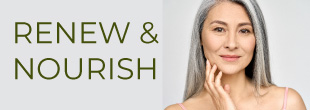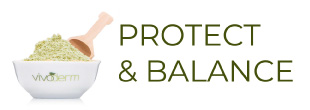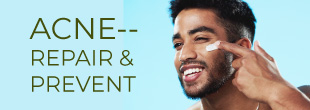Natural Home Acne Remedies
While there are thousands of products on the market today to cure or prevent acne, bellow are some natural remedies you can start using right away from home. Start first by cleansing your face to rid of oil and dirt before you apply the remedy listed below.
Oranges and Lemons
Oranges and lemons can be very effective in treating acne. Simply squeeze an orange or lemon juice onto a cotton pad or a small towel, and then dab it onto the acne infected areas. Leave it on for 20 minutes and wash off with water. This acid in the citrus juice will minimize your pimples and take the redness away after a couple of days.
Raw potato
Simply slice a raw potato and rub it on your acne areas. The vitamins in the raw potato help rid redness and improve your complexion. The potato properties actually break down the bacteria causing acne.
Some natural anti-acne products you will find in the market are Tea Tree Oil, Aloe Vera, Zinc, and Vitamin A and have been used with some success to cure acne. A word of caution about ‘natural’ skin care items. They often contain certain chemicals for preservation purposes. Some of these may not be advisable for you if you’re pregnant or have certain special health considerations. As mentioned, it is best to consult with your doctor before embarking on any therapy.
Tea Tree Oil
Tea Tree Oil is obtained from the Melaleuca alternifoliais tree from Australia. It is very effective against acne as it contains bacteria-fighting substances called Terpenes. Acne is often caused by bacteria and the Terpenes either outright kill them or weaken them enough to be destroyed by protective antibodies. There are very little side effects from using Tea Tree Oil.
Aloe Vera
The watery gel from Aloe Vera plant is also a highly effective natural cure against acne. The enzyme-rich gel has very soothing anti-inflammatory and anti-bacterial properties. It can also be taken internally and helps clean up and detox the digestive tract. This in turn can help clear up the skin.
Zinc
Zinc is taken in the form of capsules. It helps to strengthen the human immune system and to repair the skin.
Vitamin A
Vitamin A tablets are also a natural and effective acne cure. Vitamin A promotes healthy skin.
Vitamin E
Vitamin E also helps in countering acne. It is a natural antioxidant and beneficial for the skin. Vitamin E comes in soft gelatin capsules that contain Vitamin E, Soybean Oil, Glycerin, and Water.
Some Natural Homemade Cures to counter Acne
The most important thing to do if you suffer from acne is to drink at least four pints of water every day. Drinking water is very beneficial to your skin. Don’t forget to include fresh fruit and leafy green vegetables in your daily diet to bring about a marked improvement in the quality of your complexion.
Before bathing, apply a mixture of pure tomato pulp – fresh from the tomato– honey and rose-water to your face and keep for twenty minutes before washing off.
At night, before going to bed, apply a mix of cream, glycerine, and lemon juice to your face and again keep it on for a short while before washing.
Regular Yoga exercises will also improve skin and overall health.
Things to Avoid
Avoid touching your face all the time, keep your hair away from your face, and avoid picking at pimples.
If you are prone to acne try to avoid using heavy make-up –it is preferable to avoid make-up altogether until your skin can heal itself.







